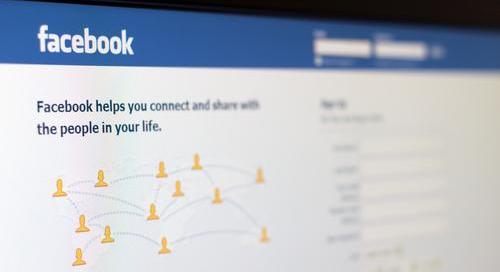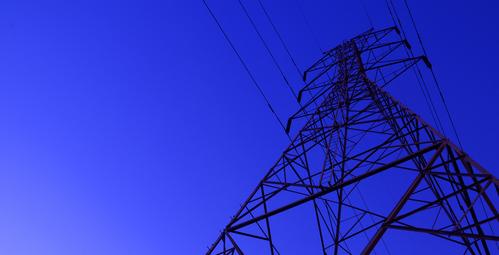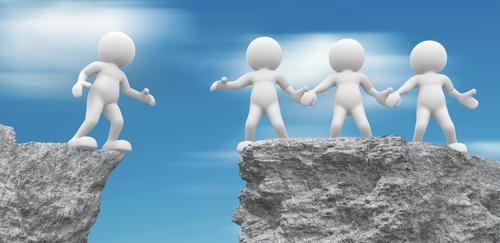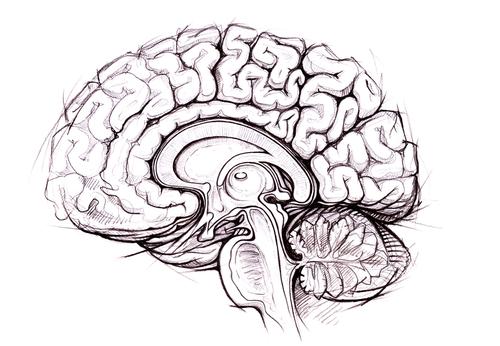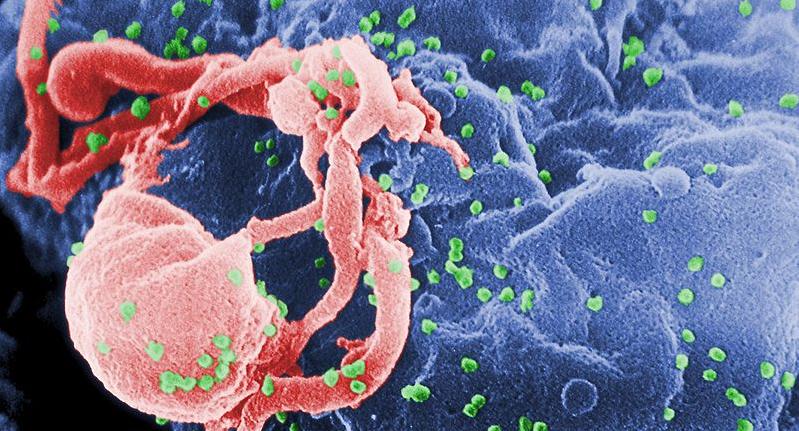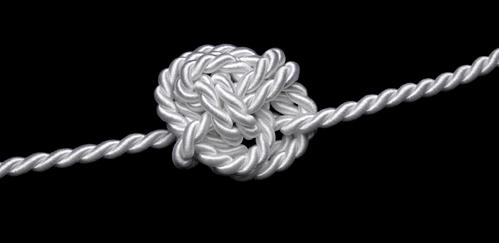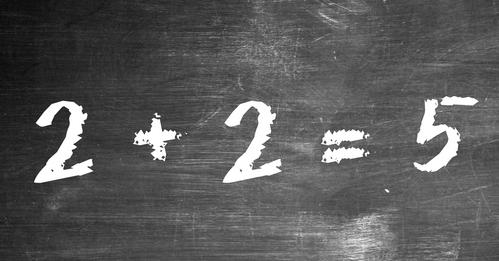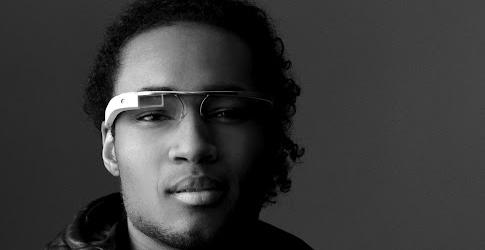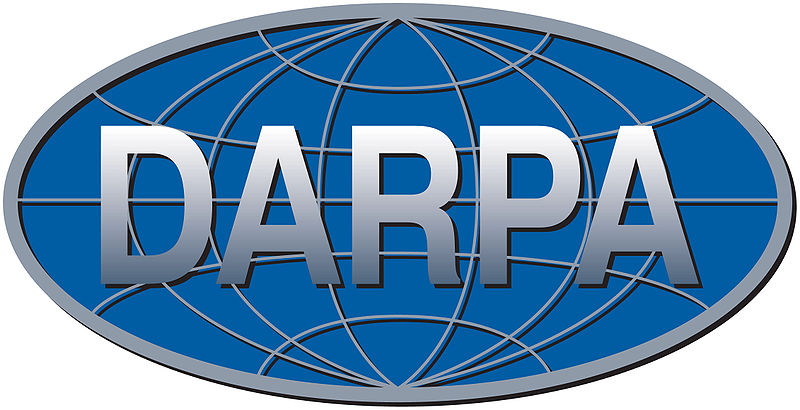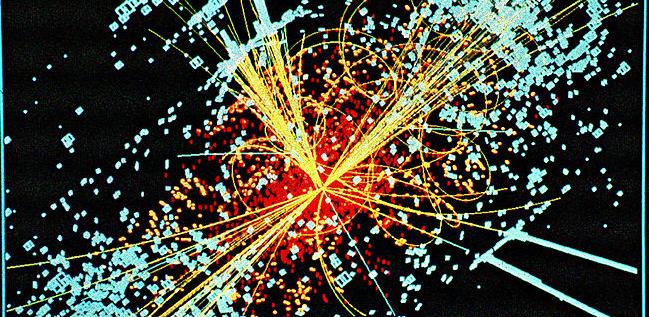Orion Jones
Managing Editor
Get smarter, faster, for success in the knowledge economy. Like us on https://t.co/6ZFWKpoKLi or visit https://t.co/d7r7dG2XOq
By crunching data posted by Facebook’s 845 million users, professional research teams are coming to a better understanding of human behavior through how they behave online.
An ill-timed African vacation (to shoot at elephants) has landed Spain’s royal family in hot water with the public. At what point do cultural traditions themselves become anachronistic?
Since Germany decided to wean itself off nuclear energy, it must find new ways of achieving energy independence. That means connecting small energy suppliers to self-sufficient grids.
In France, it seems that respect for the institution of marriage carries with it a certain tolerance for extra-marital affairs. In divorce-happy America, should we accept cheating?
How important is gender to accessing different rights as a citizen? If gender categories are from a bygone area that restricted women’s rights, why shouldn’t we eliminate them all together?
A European institute in Singapore wants to help ease the world’s transition toward massively populated urban centers. Of the 8.1 billion people on Earth by 2030, 5 billion will live in cities.
Experiments performed at Northwestern University demonstrate that materialistic mindsets are more closely associated with depression, anxiety, distrust and a lack of civic duty.
Why have humans evolved into an intelligent species? The complexity of our social relationships, which require cooperation, naturally selects for higher cognitive processes.
When a complex organ like the brain experiences a malfunction, a complex problem can result. Here are some of the most bizarre delusions ever recorded by psychiatrists.
When patients in vegetative states register higher-order thinking on brain scans, our understanding of consciousness achieves an even subtler shade of gray.
New research confirms that worry is associated with high intelligence levels, suggesting that an aversion to dangerous situations has evolved as an important survival skill for our species.
Sedentary and over-night jobs present the most immediate health risks while working too many hours promotes unhealthy habits like drink and drugs. Finding a balance is essential.
Scientists have engineered HIV-immune stem cells that can carry T cells to different organs in the body, laying the groundwork for one day eliminating the virus from infected patients.
University of Chicago researchers have found that one’s place in a social hierarchy influences the body’s response to illness and stress. Thus the best medicine may be a job promotion.
By using digital medical sensors, physicians can collect a wide range of data from healthy people, creating a control group against which irregularities can be measured—and illness predicted.
Exercising creates a plentiful new supply of brain cells, all eager to learn and make new associations. When they associate drugs with pleasure, however, the addiction is harder to break.
Absent in our political discussions about creating more jobs is the recognition that computerized technology is changing the structure of our economy and eliminating traditional jobs.
Having a great depth of knowledge in a specific field limits your problem solving abilities to what has worked in the past, says entrepreneurial polymath Naveen Jain.
Connecticut is set to become the 17th state without the death penalty, marking another victory for advocates who point out that the practice wastes a great deal of money—and is unjust.
When a couple philosophers weigh in on the moral implications of having children, they reach some alarming conclusions. Might the Universe be better off without the human race?
Social topics like politics and economics have been sectioned off from society and are now treated as expert fields beyond the scope of mere mortals, says economics writer Aditya Chakrabortty.
Scientists have made a breakthrough in building quantum communication networks. The research could eventually be used to build a quantum Internet, says the study’s director.
Google is not the only company working on augmented reality glasses. In fact, there are six products available for purchase, ranging from skiing goggles to manufacturing applications.
Computer performance has doubled roughly every 18 months since the 1970s. But computers’ energy efficiency has also been doubling, which may prove to be the more important development.
The experimental wing of the Pentagon has issued a $2 million prize for a robot that can assist in disaster response. Tasks may include closing a leaky valve and driving a utility vehicle.
When the Concorde was retired in 2003, our technological ambitions had been checked by practical concerns about noise, cost and fuel consumption. Today, engineers are working on new solutions.
Ancient asteroid strikes may have carried life on Earth to another planet, say astronomers. They say it could have happened when the Earth was forming around our sun some 4 billion years ago.
As our ability to identify planets beyond our solar system improves, it is becoming clear that our planetary neighborhood may not be so unique, meaning other Earths are well within the realm of possibility.
For the first time ever, scientists have watched two spiral galaxies collide, demonstrating how elliptical galaxies form and how black holes can rapidly drain their star-making potential.
It’s springtime and you know what that means. The Large Hadron Collider is back up and running, now with more energy than ever. The collider has already set new world energy records.
